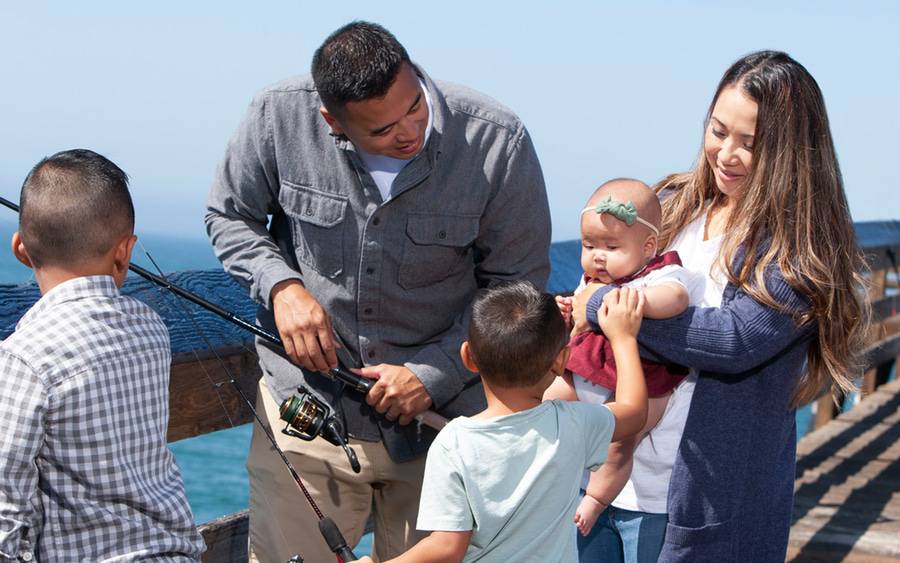Cancer Patient Stories
See the stories of cancer survivors who received their care from Scripps Cancer Center

See the stories of cancer survivors who received their care from Scripps Cancer Center
The people in these cancer patient stories knew their diagnosis was the start of a life-changing journey. Their next step was finding the right cancer care to help them win the fight. To get there, Scripps Cancer Center was with them every step of the way, no matter the type of cancer or stage of cancer they were facing.
Committed to cancer treatment that features a multi-disciplinary approach to oncology. Empowered by a compassionate and unrelenting team of cancer specialists who inspire confidence in their patients. Driven by the bold, clear and honest vision to lead the fight to end cancer. With all this in mind, Scripps provides care patients can count on as they navigate their cancer journey.
These are its cancer patient stories of hope and renewal. Stories where Scripps helped each person realize one of life’s most challenging achievements — surviving cancer and thriving.
Netting a Win

Netting a Win
A new screening program at Scripps has Dennis Higginbottom back on the court following early detection and treatment of his lung cancer.
Finding a New Purpose

Finding a New Purpose
Kelly O’Connor has a newfound passion to help guide and inspire other cancer patients after her breast cancer journey at Scripps.
Teeing Up a Game Plan

Teeing Up a Game Plan
Sean O’Callaghan is moving forward after testicular cancer thanks to quick, comprehensive care at Scripps.
The Care Collaborative

The Care Collaborative
Kristen Vengler is grateful for the team approach Scripps provided in treating her breast cancer.
Artful Effects

Artful Effects
Painter and father, Mark DeSalvo, beat tonsil cancer through care at Scripps while inspiring his creative resolve.
The Better Option

The Better Option
Scripps gave Vy Yamat a customized treatment approach for cervical cancer and spared her fertility.